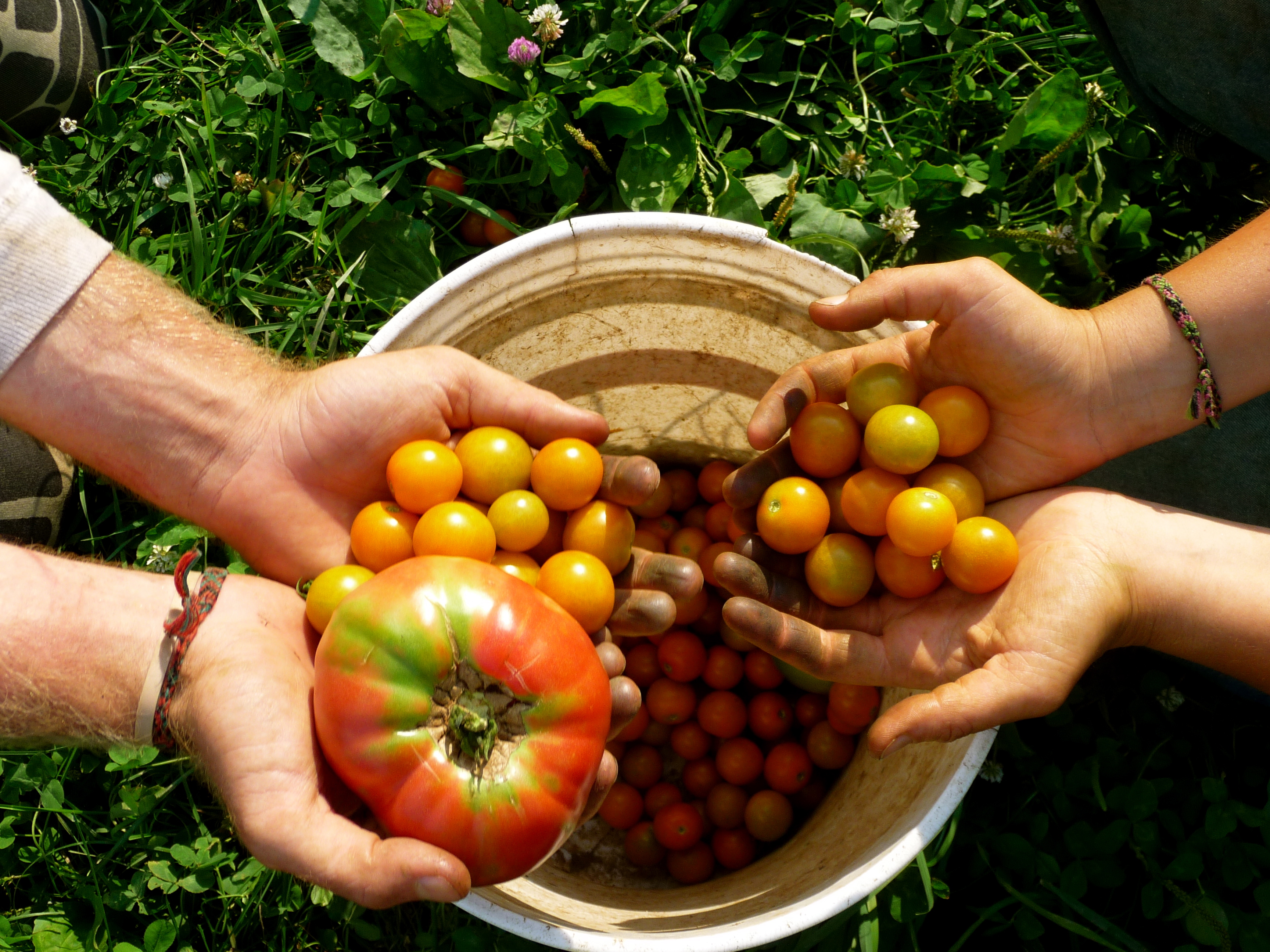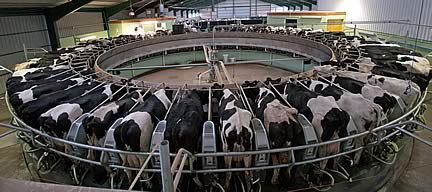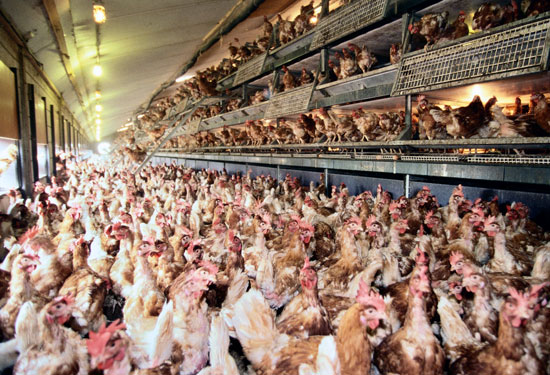5. Reduces exposure to harmful synthetic pesticides & other chemicals
You would be socked to know that more than 600 active chemicals are registered for agricultural use in America, and similar counts in most western countries. In rest of the world there may not be even sufficient laws and regulations to document and regulate this. US companies alone process billions of pounds of food annually annually which goes to the grocery and food stores around the country. And the average application equates to about 16 pounds of chemical pesticides per person every year.
And even more shocking to learn that the National Academy of Sciences reports that 90% of the chemicals used and applied on foods have not been tested for long-term health effects before being deemed “safe.” Some of the most dangerous and toxic pesticides require special testing procedures, which could be very rarely used by the FDA. And what percent of the foods do you think FDA tests for pesticide residue – it is 1%.
6. Staying clear of Genetically Engineered Food (GMO) Risks
More than 80% of the processed food on grocery store shelves contain Genetically Modified Organisms (GMO)—and many products in whole foods as well contain GMO, unless it specifically states “No GMO”.
A genetically modified organism (GMO) is any organism whose genetic material has been altered in the laboratory using genetic engineering techniques to alter characteristics like taste, texture, color, shelf life, weather tolerance, pest resistance, and any other characters. Genetic Modification may be done due to various reasons that may seem appealing to consumers or enhance profitability of the business and allow mass production. But unfortunately this process creates unstable combinations of plant, animal, bacteria and viral genes that are not natural.
Approximately 90% of soy produced in the United States have genetically modified origins.
The American Academy of Environmental Medicine (AAEM) cites animal studies showing organ damage, gastrointestinal and immune system disorders, accelerated aging, and infertility. In addition human studies also show how genetically modified (GM) food can leave material inside us, possibly causing long-term problems. And it is also researched and found that many health problems increased after GMOs got introduced in 1996. Altering the course of nature has side effects which may not even be known now, but could become evident in years to come.
7. Avoids intake of Hormones, Antibiotics and Drugs
It is well known fact that hormones, antibiotics and drugs are very commonly and extensively used in commercially produced plants and animals bred for human consumption. The “factories” which produce and process food and raise animals for food look for ways to raise the most “quantity” with lowest effort, least space and reduce loss due to sickness etc.
The EPA reports that majority of pesticide intake comes from poultry, meat, fish, eggs, and dairy products because these foods are all high in the food chain. More than 90% of the pesticides consumed by Americans care found in the fat, meat tissue and dairy products. And a shocking Millions of pounds of antibiotics are used in animal feed each year. S farmers have been giving sex hormones and growth hormones to cattle to artificially increase the amount of meat and milk the cattle produce without requiring extra feed. Since the hormones fed to cows cannot be broken down by human digestion process, or while cooking at high temperatures they remain in complete form and have many adverse short term or long term affects in the human body.
While most European countries have banned hormones, in US they are still being used and they may refer it as “safe levels” which is actually not safe at all. This is a major concerns for consumers in United States as there is increase in early onset of puberty, heightened cancer risks, growth of tumors and other genetic problems.
Source StackYard
Source Britannica
8. Supports Healthy conditions for Farm Animals
Since the need for food is increasing at an alarming rate, and the meat intake across the world has been going up at a rate where food supply is not able to keep up. The result is “factory farming”, places which breed and raise cattle and livestock in extremely unhealthy, inhumane ways.
To cut costs, farmers feed animals the remains of other animals, constrain them in extremely small and soiled enclosures over cramped enclosures. Animals are denied normal social interactions, and the many extreme and unnatural methods used raised the stress and leads to unnatural aggression and other negative results. To curb this aggression, conceal the disease that results from such horrendous living conditions, and stimulate fast growth, farmers administer drugs to animals. Most animals never breathe fresh air but instead inhale ammonia day after day, and are kept in dark enclosures.The process of transporting and slaughtering the animals is another gruesome event. The consequences of this agribusiness are institutionalized animal cruelty and health dangers.







